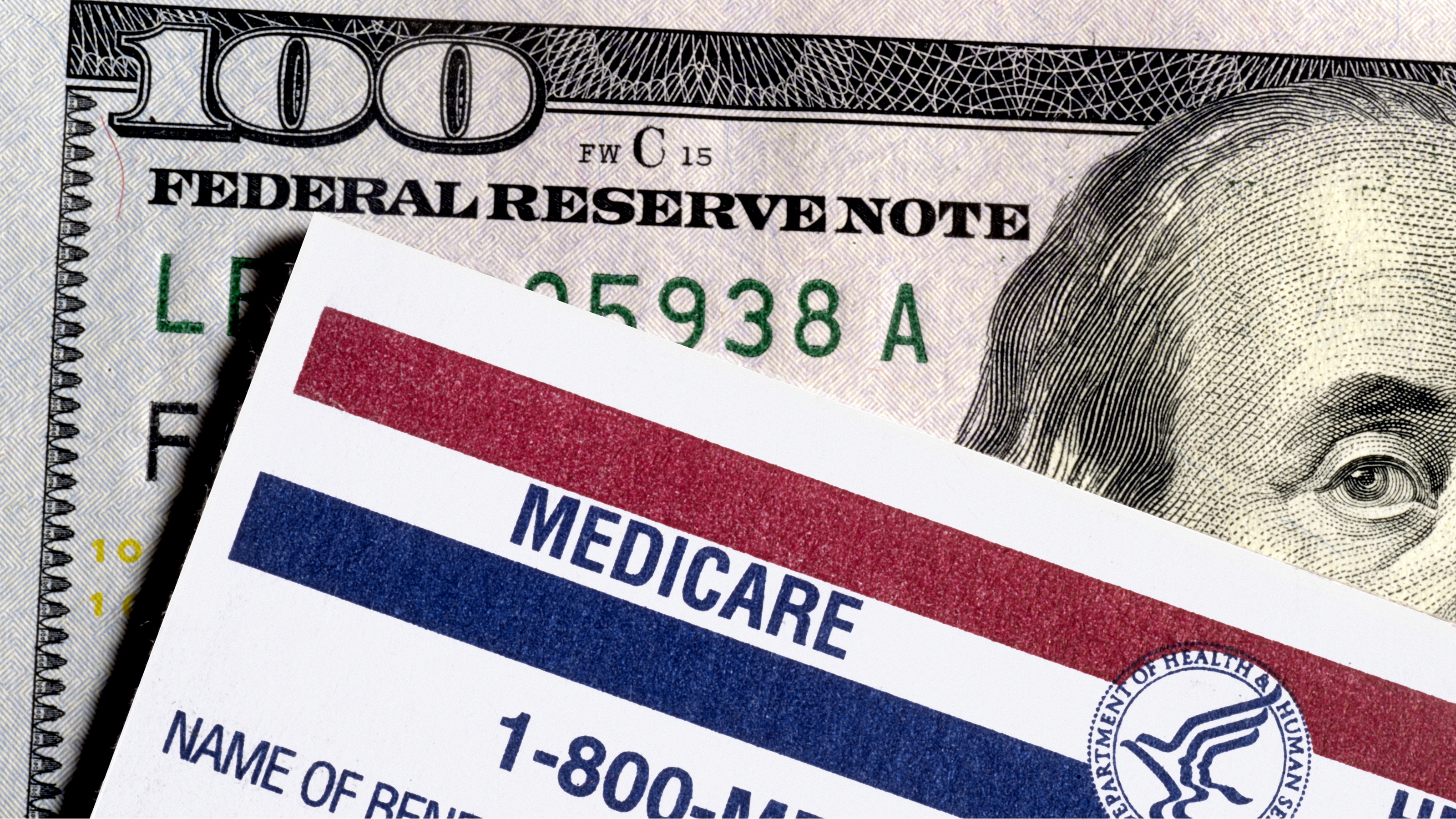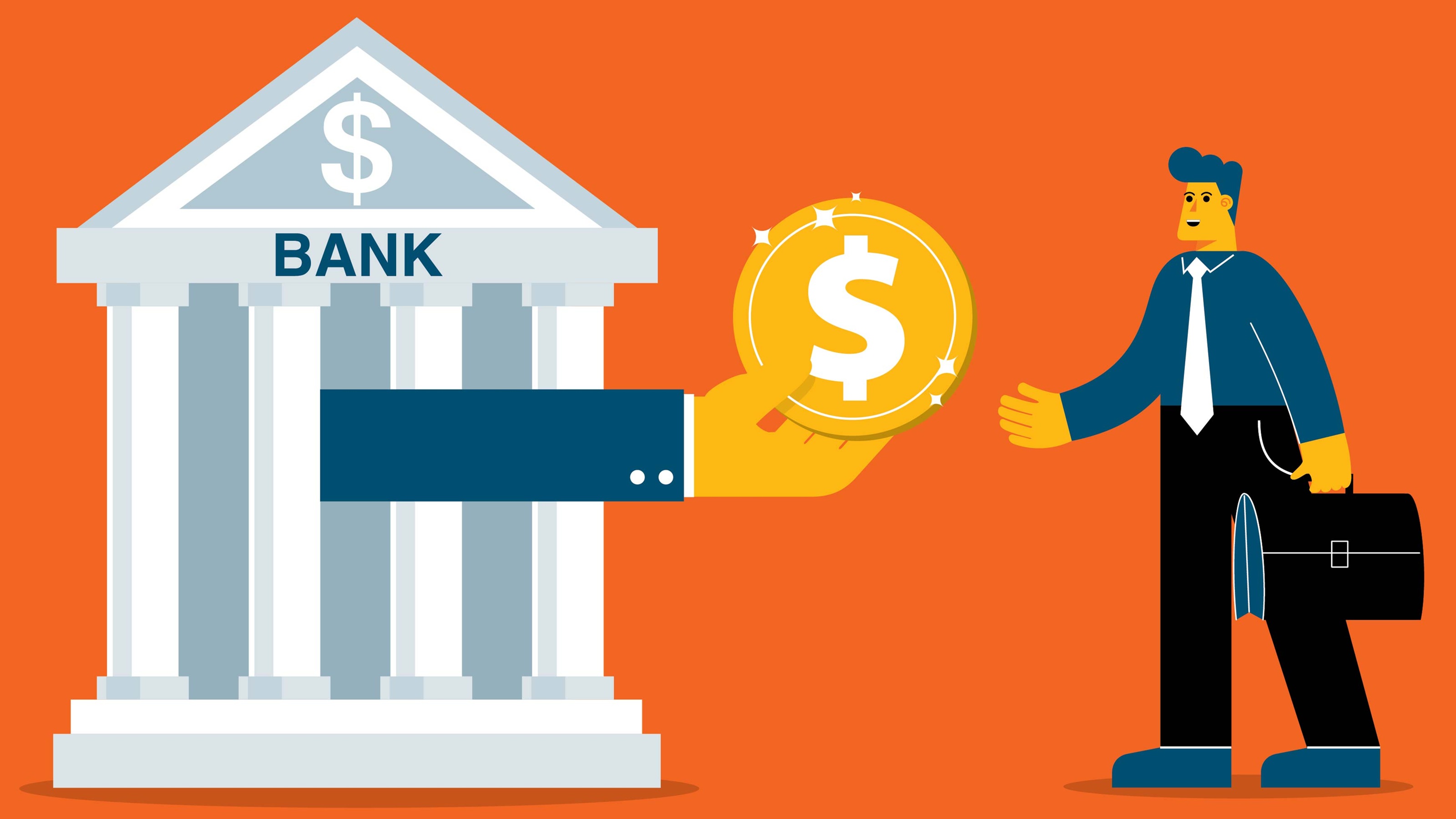Extra Cash? Should You Pay Off Debt or Invest?
Depending on your financial situation, you might benefit from paying off debt, investing or both. Here are some things to consider before deciding.


When you have extra money, it can suddenly become a problem. Why? Instead of enjoying the windfall, you may face a difficult decision: Should you pay off your debts or invest the money? This is a valid question, and the answer may be: both.
Here's the thing: Investing is optional — you don't have to do it. Debt is a different story. If you don't pay it off on time, the interest adds up and your debt grows. With this big difference between managing debt and investing, the next step may seem clear. Before making any decisions, consider what it means to invest and what it means to have debt.
Investing
You’ve got plenty of investment options — stocks, bonds, mutual funds and more. Want to take it a step further? Consider investing in startups. Right now, industries like artificial intelligence (AI), health care and fintech are booming. Think of startup investing as financially backing an IT team that’s creating an online banking system or a health care app that could lead to potentially serious returns.

Sign up for Kiplinger’s Free E-Newsletters
Profit and prosper with the best of expert advice on investing, taxes, retirement, personal finance and more - straight to your e-mail.
Profit and prosper with the best of expert advice - straight to your e-mail.
However, you should know that the investment market, whatever it is, can be volatile:
- The stock market fluctuates all the time: One day you're up, the next day you're down
- Startups can go over budget early or demand might not materialize for the product
Having a solid investment management strategy is essential. And remember, investing is a long game. Seeing meaningful results can take three to five years or more.
Before you invest, consider first setting aside money in an emergency fund. This should be money in a separate account that will allow you to pay your everyday expenses for three to six months.
Debt payment
Did you know that your credit score can have a huge impact on your financial security? A good credit score (670 or higher) signals to banks, landlords and even employers that you are reliable and trustworthy. A lower score could mean you won’t be considered for loans, rentals or even employment. Your credit score also can affect your insurance premiums.
Your credit score is based on how you manage payments on your mortgage, credit cards and personal loans (such as for your car) as well as the amount of credit available to you and how much you’re using. A person who makes payments late, misses payments or stops paying altogether will have a much lower credit score. A person who makes regular on-time payments and has a lower debt load will have a higher credit score.
Interest rates on credit card debt are usually much higher when compared to what investment returns you could get.
Debt repayment vs investment: Which is right for you?
Here are some ways to manage extra money depending on your financial and personal situation.
For young families with children
Families who are balancing debt and future goals while also finding themselves with some extra money may benefit from:
- Paying off high-interest debt (over 6%)
- Investing a smaller portion of your extra funds (while also paying off debt) in growth-oriented accounts. These could be exchange-traded funds (ETFs) or tax-advantaged accounts such as 529 college savings plans to save for your children's education or a Roth IRA to save for your own retirement.
- By combining both options, you can reduce your debt while also looking to the future with peace of mind.
For people approaching retirement
As you approach retirement age, debt and investments need to be balanced with special care. Consider:
- Paying off debt from cash reserves or investments not tied to retirement savings.
- Using investments and/or savings to cover your living expenses to avoid early reliance on Social Security. Each year you put off claiming your Social Security benefits (until age 70), your check could be 8% higher.
- Getting a reverse mortgage. This option is available to people age 62 and older. To thoroughly understand the benefits and drawbacks of a reverse mortgage, you should discuss the concept with a financial adviser.
For singles
Even when you’re the only one depending on your financial security, it’s key to stay disciplined and consistent. If you have expensive debt — typically high-interest credit cards — start by paying that off. Explore options such as balance transfers or refinancing to lower your interest rates and make repayment more manageable.
Adding a side hustle can also be a smart move, giving you extra income to tackle debt faster while building financial security.
Last but not least
When you have extra money and need to choose between paying down debt and investing, everyone, no matter their personal or financial situation, should consider the following:
- Adjustable interest rates. Credit card debt often has a variable interest rate. That means that when the prime rate goes up, so does the rate on your debt. Usually, the new rate affects only debt that you acquire after the rate increase.
- How you feel matters. Paying off debt reduces stress and gives you a sense of financial freedom. For many people, this peace of mind can outweigh investment returns.
- Compound interest. This is when you earn interest on both the initial investment and any previous interest it has earned, meaning your money is likely to grow faster.
These are some of the considerations to think about if you find yourself with extra money and are trying to figure out whether to pay off debt and invest. You shouldn't take this article as a complete guide, though. It is best to seek the advice of an experienced financial adviser to make sure your money is working for you in the best way possible.
Related Content
- Saving for Your Emergency Fund: As Easy as 1-3-6
- Five Side Hustles You Could Turn Into a Full-Time Business
- Seven Ways to Manage Your Financial Stress
- Eight Tips for Managing Fluctuating Income
- Five Ways You Can Assess, Manage and Pay Off Debt
Profit and prosper with the best of Kiplinger's advice on investing, taxes, retirement, personal finance and much more. Delivered daily. Enter your email in the box and click Sign Me Up.

Anthony Martin is CEO and Founder of Choice Mutual. Nationally licensed life insurance agent with 10+ years of experience. Official Member at Forbes Finance Council. Obsessed with finances, building tech and collaborating with other successful entrepreneurs.
-
 Stock Market Today: S&P 500, Nasdaq Hit New Highs on Retail Sales Revival
Stock Market Today: S&P 500, Nasdaq Hit New Highs on Retail Sales RevivalStrong consumer spending and solid earnings for AI chipmaker Taiwan Semiconductor Manufacturing boosted the broad market.
-
 Higher Summer Costs: Tariffs Fuel Inflation in June
Higher Summer Costs: Tariffs Fuel Inflation in JuneTariffs Your summer holiday just got more expensive, and tariffs are partially to blame, economists say.
-
 Stock Market Today: S&P 500, Nasdaq Hit New Highs on Retail Sales Revival
Stock Market Today: S&P 500, Nasdaq Hit New Highs on Retail Sales RevivalStrong consumer spending and solid earnings for AI chipmaker Taiwan Semiconductor Manufacturing boosted the broad market.
-
 If You'd Put $1,000 Into Berkshire Hathaway Stock 20 Years Ago, Here's What You'd Have Today
If You'd Put $1,000 Into Berkshire Hathaway Stock 20 Years Ago, Here's What You'd Have TodayBerkshire Hathaway is a long-time market beater, but the easy money in BRK.B has already been made.
-
 New SALT Cap Deduction: Unlock Massive Tax Savings with Non-Grantor Trusts
New SALT Cap Deduction: Unlock Massive Tax Savings with Non-Grantor TrustsThe One Big Beautiful Bill Act's increase of the state and local tax (SALT) deduction cap creates an opportunity to use multiple non-grantor trusts to maximize deductions and enhance estate planning.
-
 Know Your ABDs? A Beginner's Guide to Medicare Basics
Know Your ABDs? A Beginner's Guide to Medicare BasicsMedicare is an alphabet soup — and the rules can be just as confusing as the terminology. Conquer the system with this beginner's guide to Parts A, B and D.
-
 I'm an Investment Adviser: Why Playing Defense Can Win the Investing Game
I'm an Investment Adviser: Why Playing Defense Can Win the Investing GameChasing large returns through gold and other alternative investments might be thrilling, but playing defensive 'small ball' with your investments can be a winning formula.
-
 Stock Market Today: Powell Rumors Spark Volatile Day for Stocks
Stock Market Today: Powell Rumors Spark Volatile Day for StocksStocks sold off sharply intraday after multiple reports suggested President Trump is considering firing Fed Chair Jerome Powell.
-
 3 Things Dave Ramsey Says to Stop Buying — and 2 That Are Worth It
3 Things Dave Ramsey Says to Stop Buying — and 2 That Are Worth ItDebt-free living starts with smart choices. Here's what Ramsey says to avoid and where your money is well spent.
-
 Callable CDs Have High Rates: We Still Don't Recommend You Get Them
Callable CDs Have High Rates: We Still Don't Recommend You Get ThemInvestors must carefully consider the trade-offs, as falling interest rates could lead to reinvestment at a lower yield and make selling on the secondary market difficult.